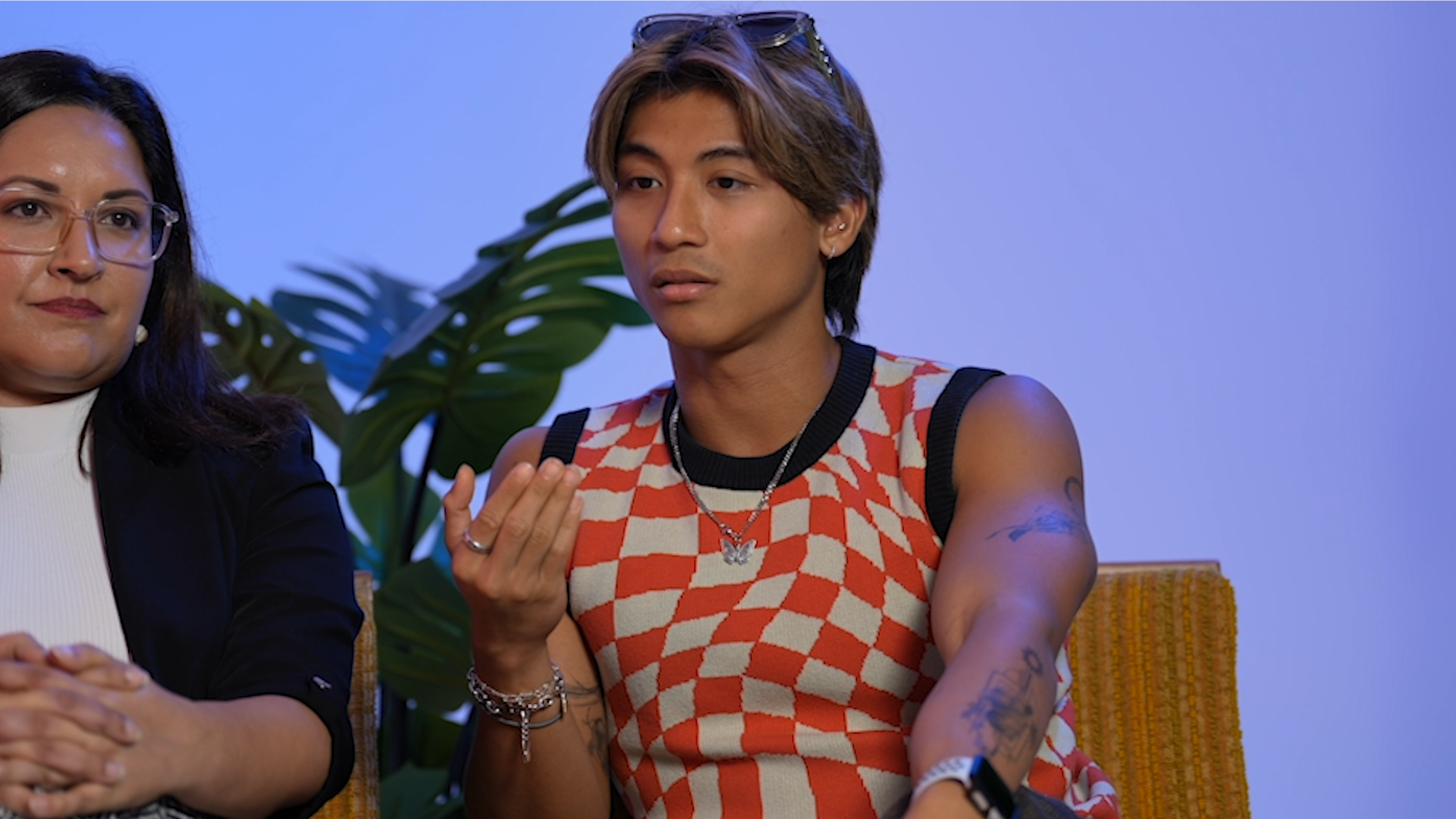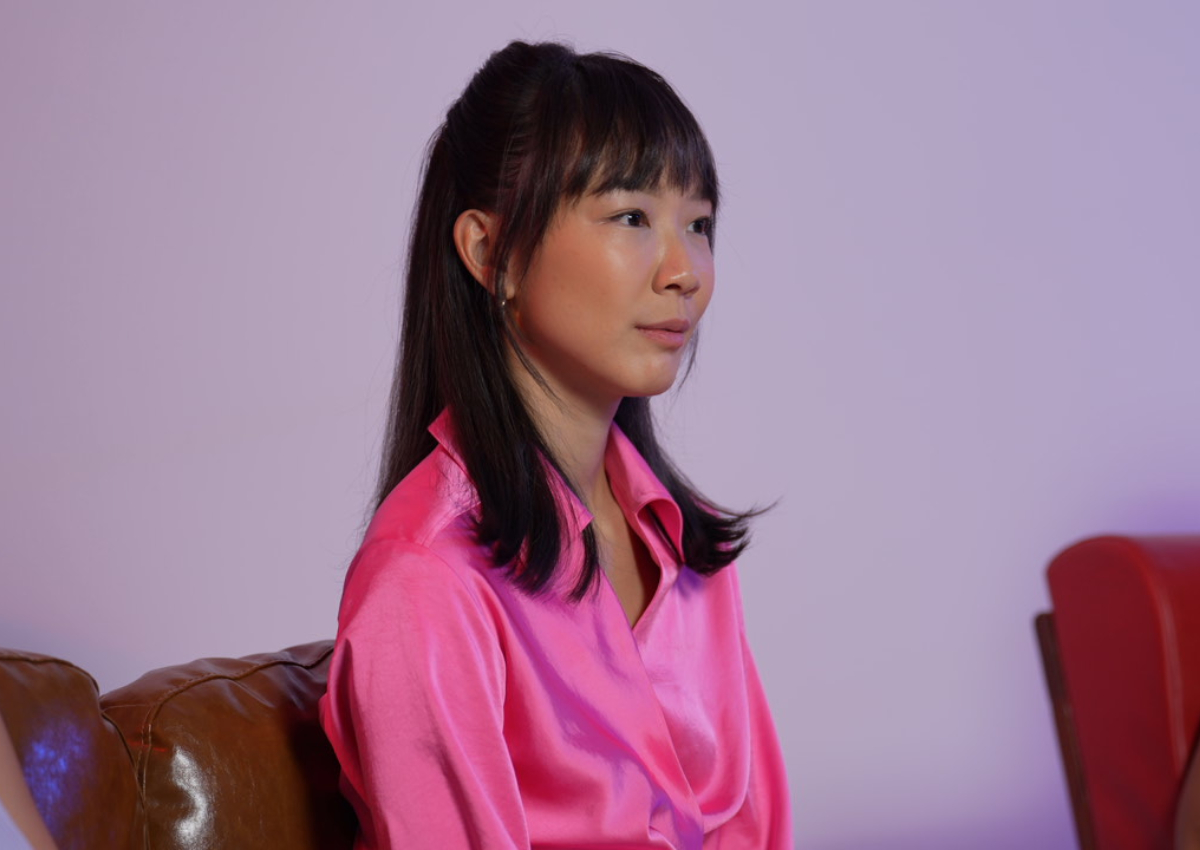 PUBLISHED ONJanuary 24, 2024 12:00 AMByVenkat Gunasellan
PUBLISHED ONJanuary 24, 2024 12:00 AMByVenkat Gunasellan Navigating the digital landscape requires caution - every action and statement is subject to public scrutiny.
Influencers, in particular, often find themselves at the mercy of netizens who make unkind and usually unnecessary comments about them, instigating others to follow. This has led to the rise of cancel culture in recent years.
Alexander Woon, a law lecturer at the Singapore University of Social Sciences, explained at the Online Harms Symposium 2023 that cancel culture lacks a precise definition as it's an evolving phenomenon, but added that it is essentially "weaponised peer pressure".
This phenomenon mirrors public shaming, where individuals collectively boycott others, sometimes leading to severe consequences.
In a recent episode of Got People Say, host Munah Bagharib engages in a discussion with three content creators and the CEO of SG Her Empowerment (SHE) Simran Toor to explore the contentious subject.
"A lot of times we are encouraged to speak up when we see something wrong. There's nothing inherently wrong with that," Simran mentions.

That said, she emphasises the importance of having all the necessary information and context before speaking out.
She observes that in today's online environment, people often "ride on the initial comment that labels something as wrong," without checking the facts, leading to a snowball or pile-on effect.
Simran suggests a more thoughtful approach, encouraging people to first question if they have the full information and context, and to consider reaching out to the content creator directly for clarification.
Alexander identified four motivations for cancel culture during the symposium.
Two of these are to ensure accountability and justice, urging individuals to take responsibility for their actions and seeking help from relevant authorities. While this in itself does not appear inherently harmful, he raised two problematic aspects of cancel culture: unilateral censorship and inflicting harm.
The former involves individuals who decide to silence others without resorting to disagreement or the involvement of relevant authorities. They appoint themselves as arbiters of acceptable conduct, determining what is deemed appropriate or unacceptable.
"This is what we might think of cancelling in the purest sense," Alexander mentioned, noting that it is using one’s personal power to remove someone from a platform.
The latter takes a darker turn as it involves inflicting harm on others.
Some people justify causing harm in pursuit of a righteous cause, believing that the end justifies the means and collateral damage must be accepted as a necessary sacrifice.
While seeking accountability and justice is a constructive use of free speech, unilateral acts of censorship and the intentional infliction of harm on others raise ethical concerns, bringing the darker side of cancel culture into focus.
Social media influencer and dancer Kevin Tristan's brush with cancel culture came about in a commercial that he was a part of.

The commercial as a whole "made a lot of sense" according to Kevin, but when it was condensed for social media - a 15-second clip of him dancing in a kurta, a traditional Indian outfit - it was met with a surge of backlash, with allegations of racism and cultural appropriation.
Critics even questioned why he, a non-Indian, was chosen for the role, and the weight of those accusations began to bear down on him.
Despite his self-assuredness and firm personal convictions, the online criticisms gradually chipped away at Kevin's self-esteem.
He found himself grappling with self-doubt, pondering whether he might inadvertently harbour racist tendencies or be seen as a "bad" person.
More importantly, the decisions concerning the commercial were not his, which made the situation even more complex.
"I was the face of the commercial, so it looked like my idea, but I was asked to do [it]," Kevin adds, highlighting that people are too quick to pinpoint wrongdoings without seeing the full picture.
"I would constantly look online and see the 'likes' of the hate comment that kept going up," Kevin explains, describing the experience as surreal—an "out-of-body" moment where people's perception of him clashed with his sense of self.
As Kevin weathered the storm of cancel culture, he found solace in supportive people around him. The need for grounding became paramount, and Kevin leant on his support system to remind him of his self-identity.
Reflecting on the aftermath, the influencer acknowledges the surprising and severe impact of cancel culture on his daily life.
The episode forced him to take a step back and confront the unexpected reality of being a target.
He acknowledges the inevitability of mistakes and emphasises the need to move forward, mentioning, "Even if it was my mistake, I don't have to hate myself forever for it."
Kevin's experience underscores the murky waters of cancel culture and its potential impact on individuals who find themselves in its crosshairs.
Actress Julie Tan further reminds us that cancel culture goes beyond mere criticism.
These days, netizens even actively reach out to brands, imploring them to cut off partnerships with influencers.

"You don't need to corner someone to a point [where] they can't find a job," Julie adds.
Simran likewise stresses the disproportionate impact of cancel culture, pointing out that it can extend beyond punishing the individual for their actions to affecting their personal lives, including their careers and even family members.
"You can just punish that person for the act," she emphasises.
Another content creator Mathilda Huang advocates for restricting the use of cancel culture to call out actions that are illegal, emphasising the importance of cancelling the behaviour rather than the person.
Kevin chose not to involve the law in dealing with his cancel culture experience.
Despite feeling hurt by the situation, he considered the broader context, as the commercial involved multiple parties.
He questioned whether it was necessary to bring everyone into a legal situation.
While there is still some way to go in dealing with cancel culture, or more generally, online harms, Simran believes it's progressing.
She brings up the example of social media apps developing in-app reporting systems, which allow users to report the accounts of online bullies.
"I don't think it's the perfect solution yet," she adds, as this wouldn't stop people from creating another profile the next day.
Apart from in-app reporting, Simran highlights that one can reach out to legal clinics that offer pro bono legal advice as well.
One of those places that does just that is SHECARES@SCWO, which was launched in collaboration with the Singapore Council of Women’s Organisations.
It’s a one-stop centre for those affected by online harms, providing holistic support through free legal assistance and counselling sessions.
She also raises concerns about normalising cancel culture.
"We shouldn't get to a point where the online culture is just people not following any rules," adds Simran.
So the next time we are on social media, we should all consider Simran’s reminder: “Would I do this in the real world?”
For more information about SHECARES@SCWO's work with online harms, visit https://she.org.sg.
venkat.gunasellan@asiaone.com
No part of this story or photos can be reproduced without permission from AsiaOne
